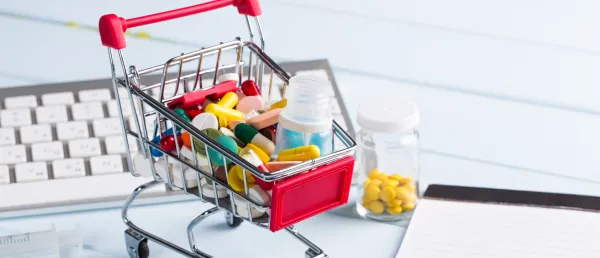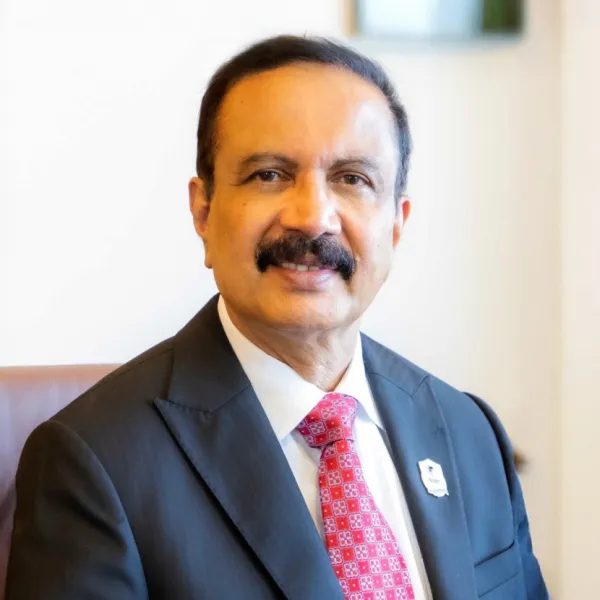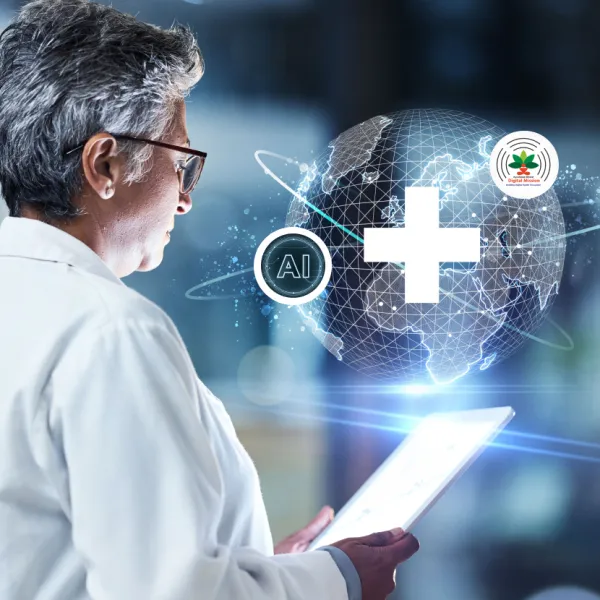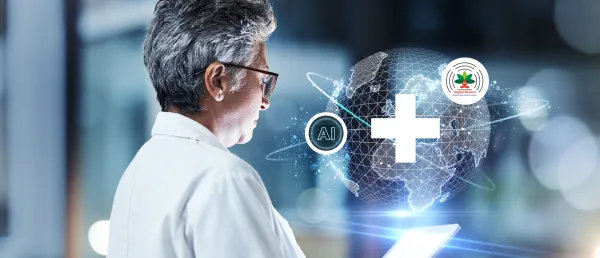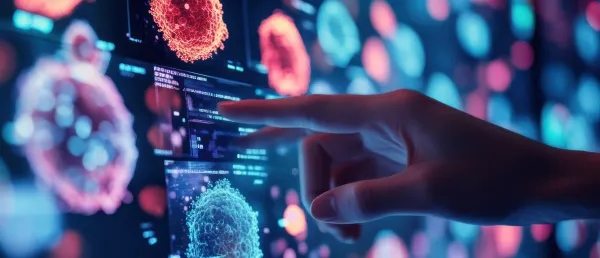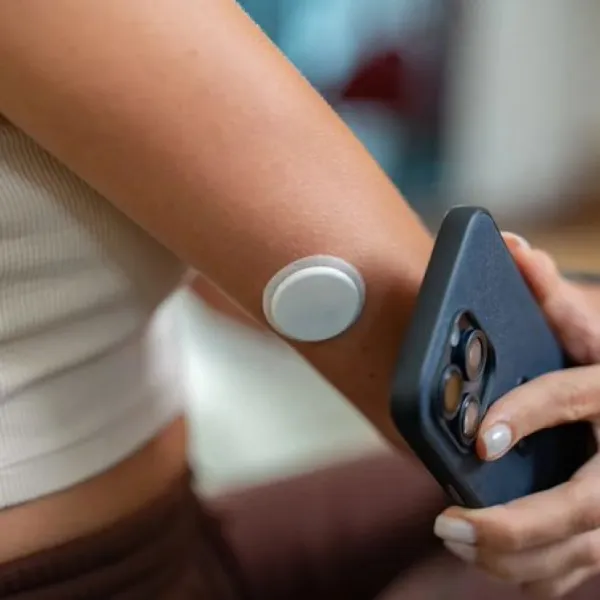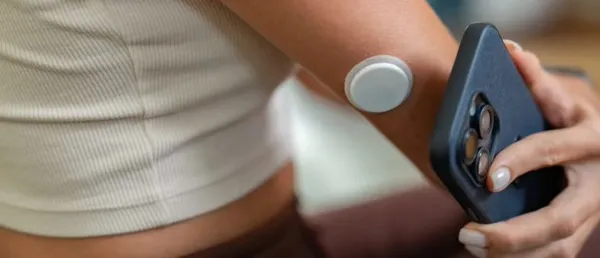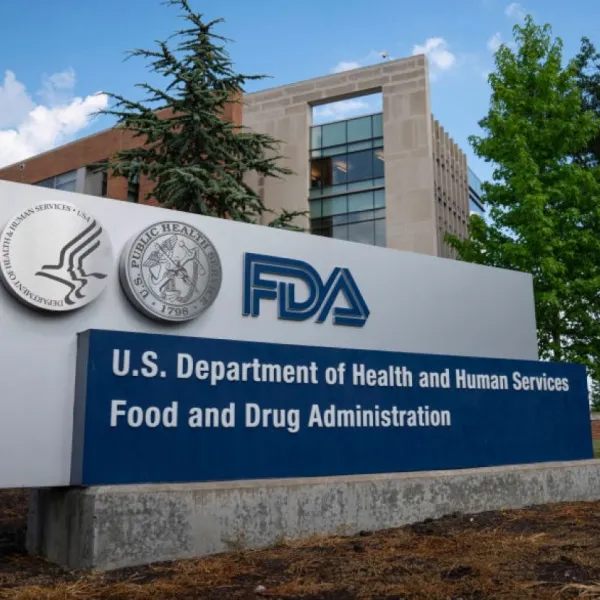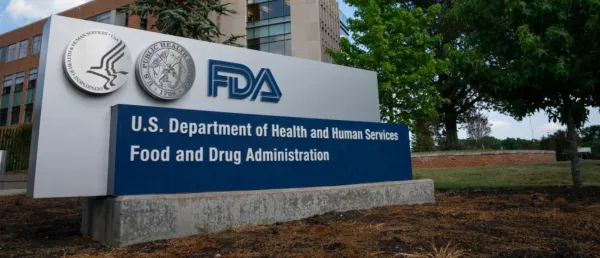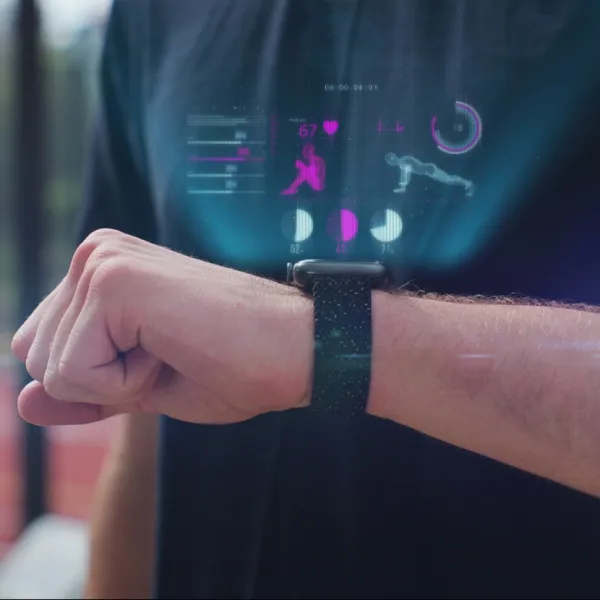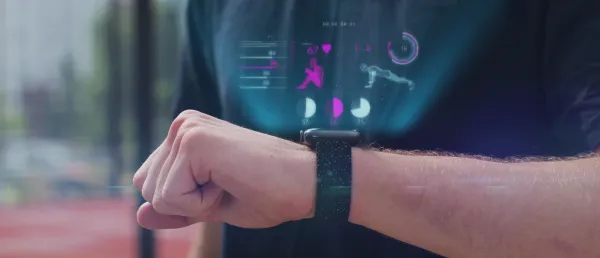CDSCO Expands NSWS Portal Services With 5 Additional Forms to Enhance Accessibility

Out of five, four new forms catering to specific facets of drug manufacturing and clinical trials are already in effect from January 16, 2024.
The Central Drugs Standard Control Organisation (CDSCO) has expanded its National Single Window System (NSWS) portal with five new additional forms. This has been done to achieve efficiency and accessibility in the pharmaceutical and medical devices industry.
This development comes on the heels of the NSWS portal's launch on January 1, 2024, which initially featured three activities designed to simplify processes for industry stakeholders.
Out of five, four new forms catering to specific facets of drug manufacturing and clinical trials are already in effect from January 16, 2024. While the other one, Form 12, focusing on the import of drugs for examination, testing, or analysis, is slated to go live on January 24, 2024.
The four new forms are
1. CT-10: Application for permission to manufacture new drugs or investigational new drugs for clinical trials or bioavailability studies.
2. CT-12: Application for permission to manufacture formulations of unapproved active pharmaceutical ingredients (API) for testing or analysis.
3. CT-13: Application for permission to manufacture unapproved API for formulation development.
4. CT-16: Application for a licence to import new drugs or investigational new drugs for clinical trials or bioavailability studies.
Sharing thoughts, Dr Rajeev Singh Raghuvanshi, Drugs Controller General (India) (DCGI), said, "In light of the information provided, it is urged that all relevant stakeholders henceforth submit applications related to the aforementioned five activities exclusively through the NSWS portal. The existing Sugam online portal for these activities will be deactivated, effective February 10, 2024."
Streamlining Ease of Doing Business in Healthcare
This move aligns with the broader governmental strategy to streamline the ease of doing business in the healthcare sector. The introduction of NSWS on January 1, 2024, marked a transformative shift, simplifying processes related to import, clinical investigations, testing, and other necessary approvals for investors and businesses.
The user-friendly NSWS portal, developed by Tata Consultancy Services (TCS), replaces the existing SUGAM and CDSCO online portals. It serves as a comprehensive platform for obtaining certificates of registration and licences to manufacture or import medical devices for various purposes, including clinical investigations, tests, evaluations, demonstrations, or training.
Further, the NSWS initiative also aligns with the Investment Clearance Cell (ICC) initiative, offering a seamless online platform for investors, entrepreneurs, and businesses to identify, apply, track, and obtain approvals before commencing operations in India.
Rationale Behind the NSWS Portal
NSWS, conceptualised and established by the central government, is a pioneering initiative aimed at creating a single window system that simplifies the approval processes for investors in the pharmaceutical and medical devices sector. The scope of NSWS encompasses all necessary approvals, licences, and clearances, providing a consolidated platform for industry stakeholders.
In addition to the portal's functionality expansion, CDSCO earlier released a user guide to assist stakeholders in navigating the NSWS portal. A dedicated contact number has also been provided for users seeking clarification on any aspect of the system.
Moreover, in November, CDSCO launched the Digital Drugs Regulatory System (DDRS). This digital ecosystem aims to function as a single window, single sign-on, and unified portal for all regulatory activities related to drugs, medical devices, cosmetics, etc. This initiative by CDSCO seeks to foster trust, transparency, and accountability in the regulation of product quality, safety, and efficacy at both the domestic and global levels.
India, poised for a surge in medical device demand with projections reaching $50 billion by 2030, is taking proactive steps to ensure a robust regulatory framework.
Currently producing approximately $7.6 billion worth of medical devices and exporting around $3.4 billion, India's regulatory initiatives aim to foster growth, innovation, and compliance within the industry.
Stay tuned for more such updates on Digital Health News






